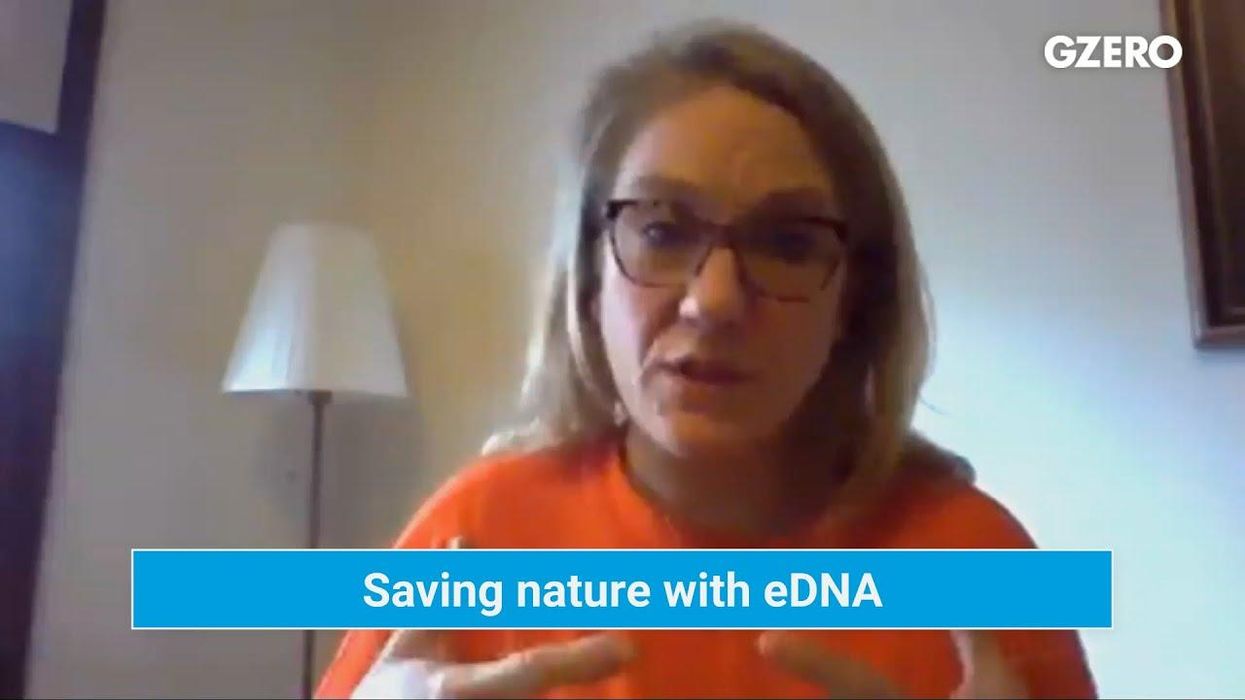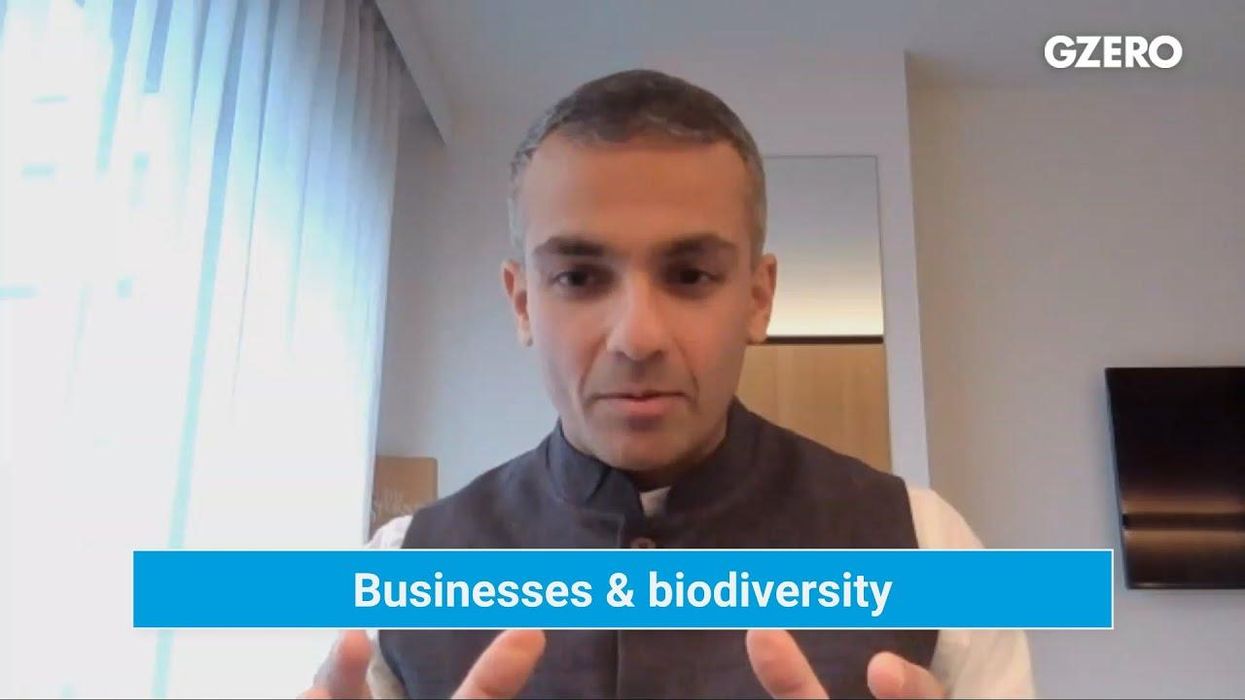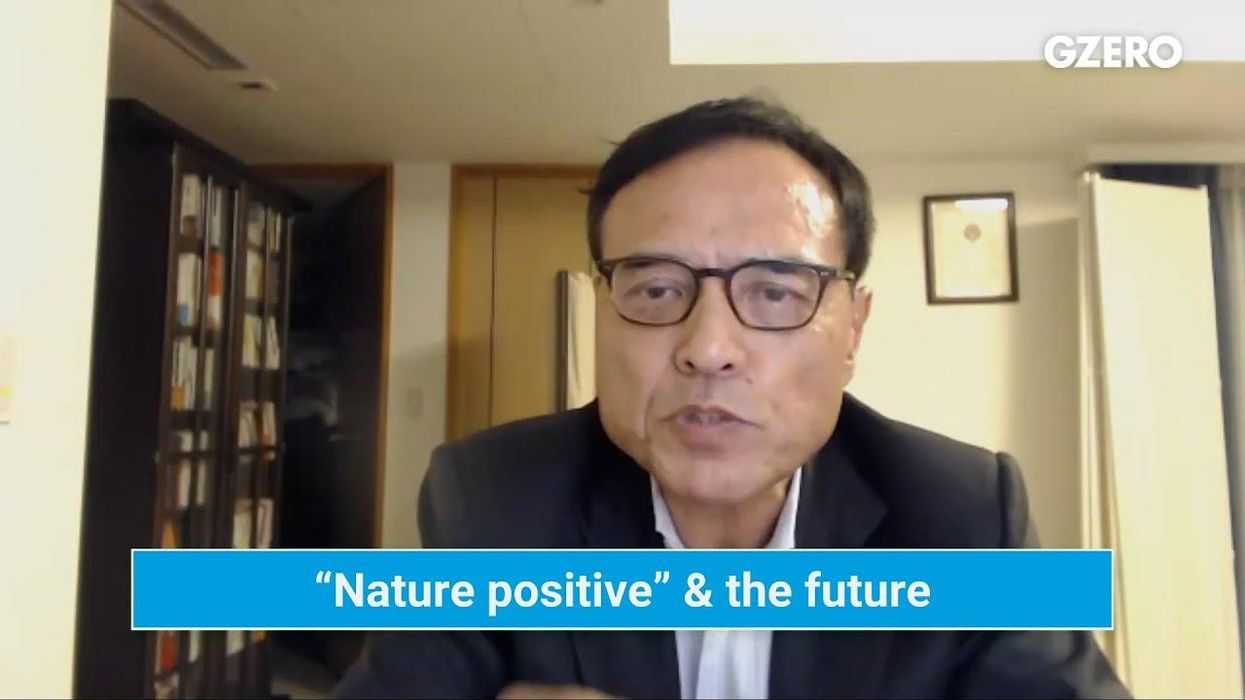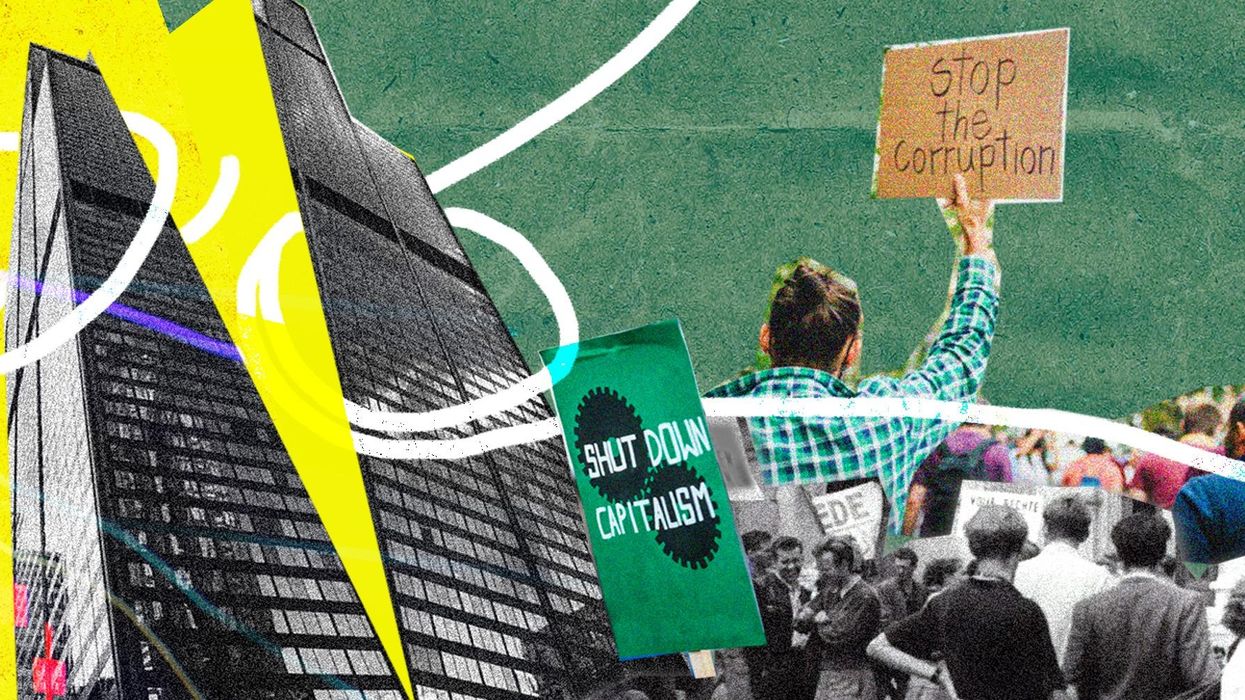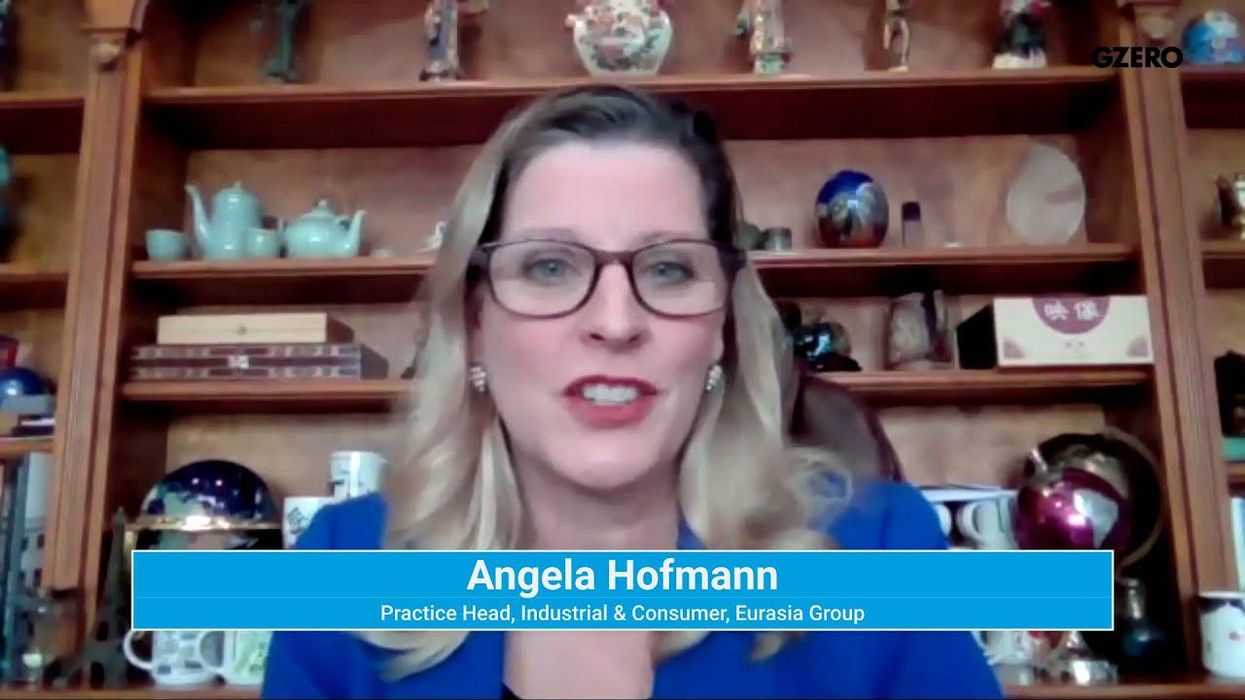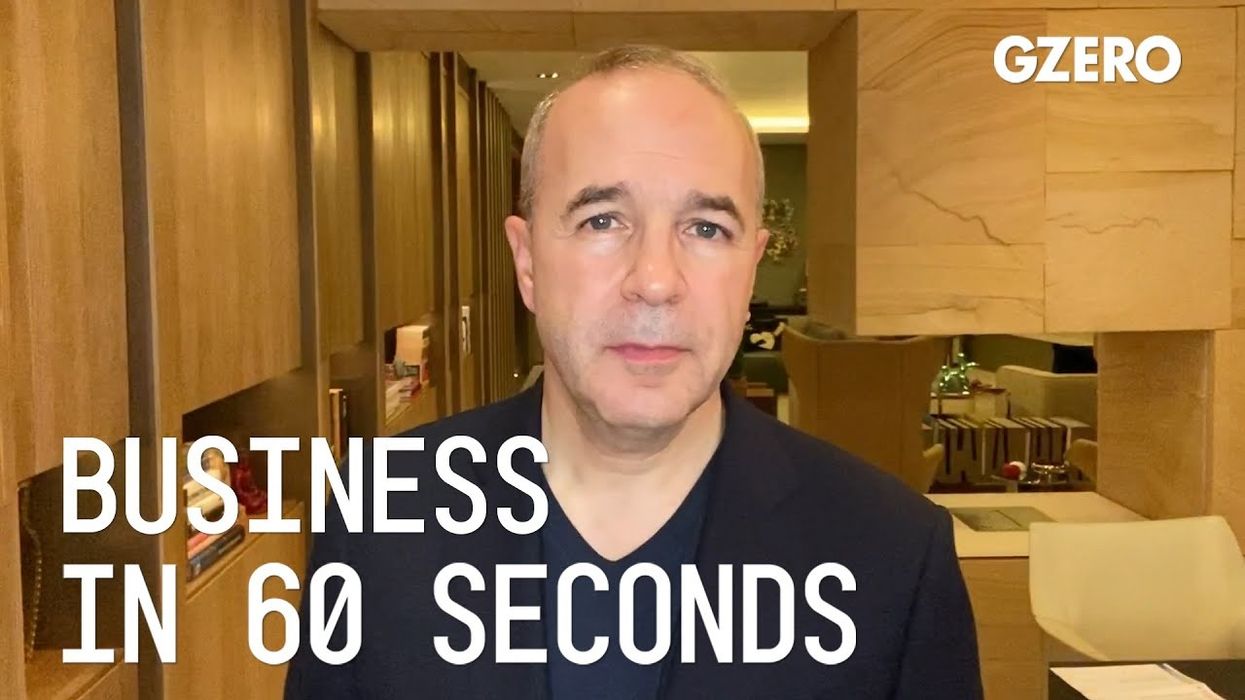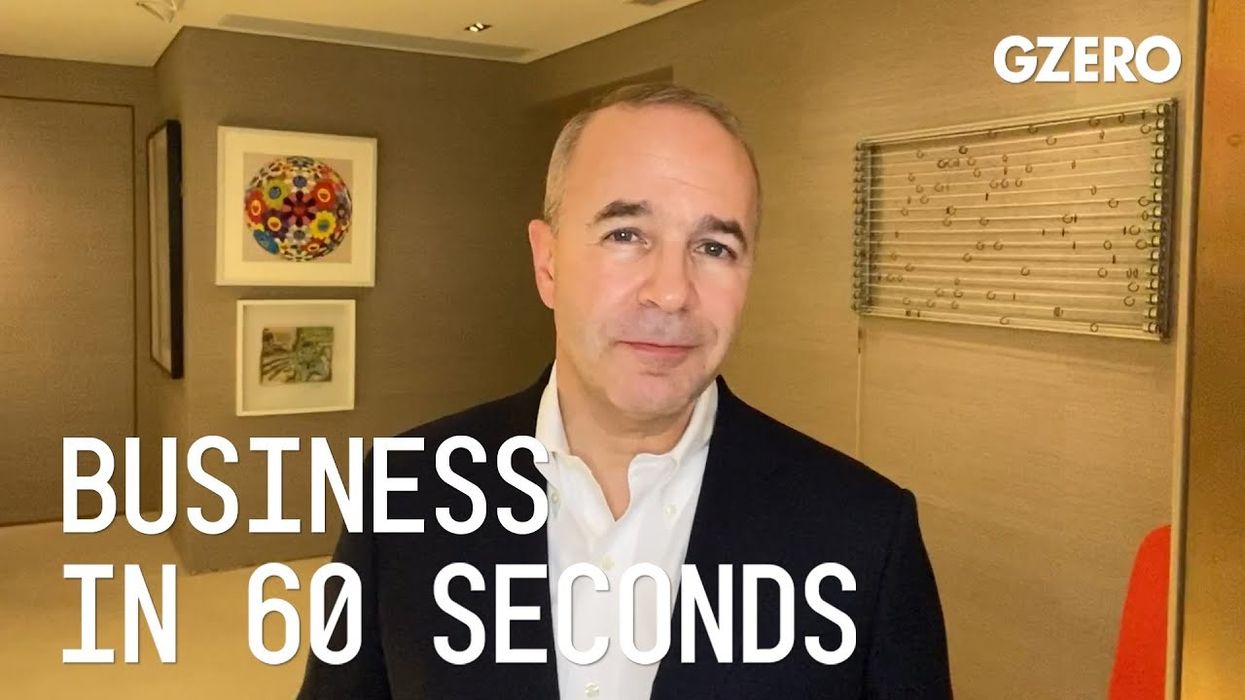Climate
How measuring nature at the DNA level unlocks financial growth
Katie Critchlow is CEO of NatureMetrics, a company that, well, measures nature. But how?"We use eDNA; that's all the DNA that's left behind in the environment by every species because every species in the world contains DNA," she explains during the livestream discussion "Time for nature: Turning biodiversity risk into opportunity," hosted by GZERO in partnership with Suntory.
Dec 29, 2022
